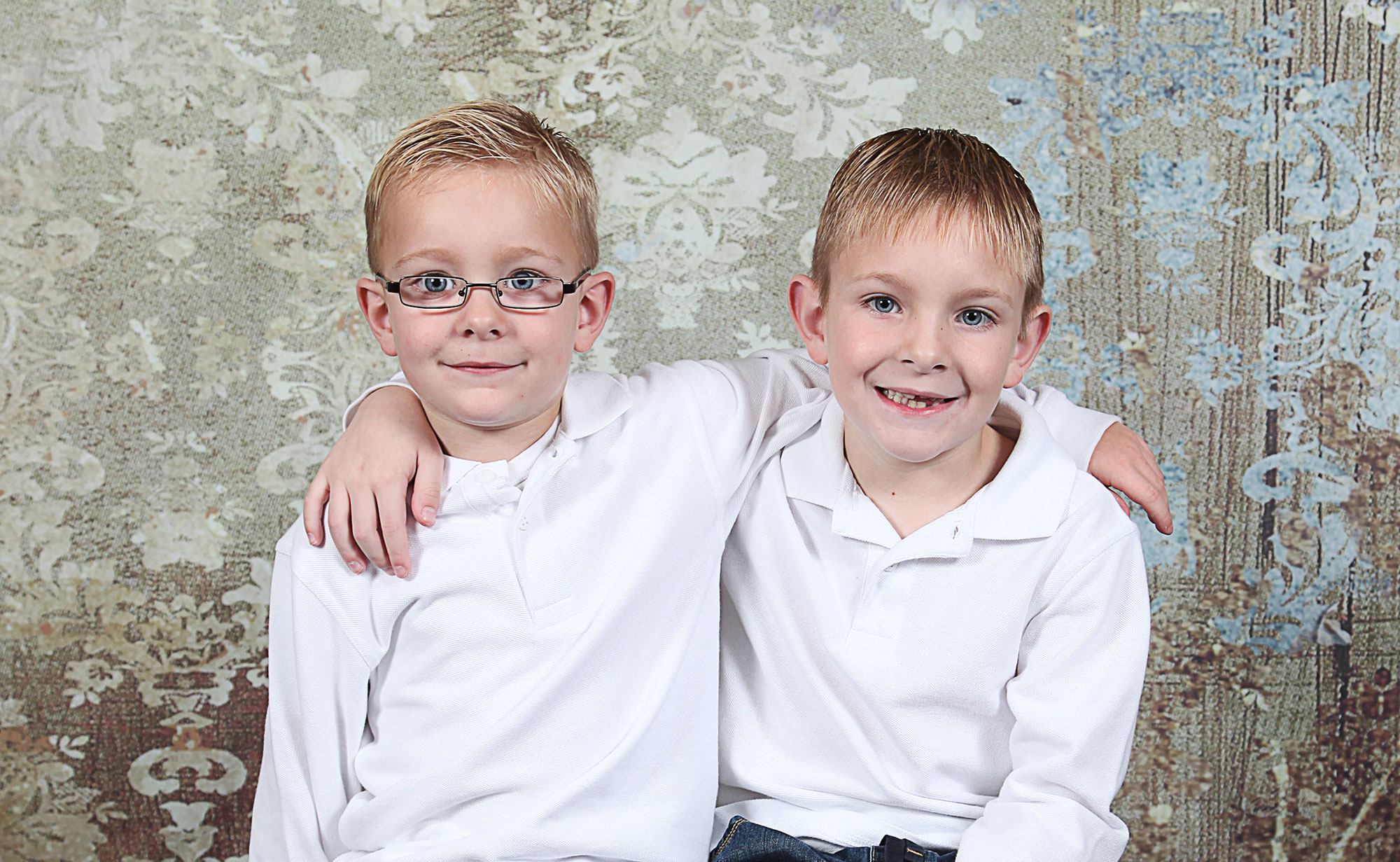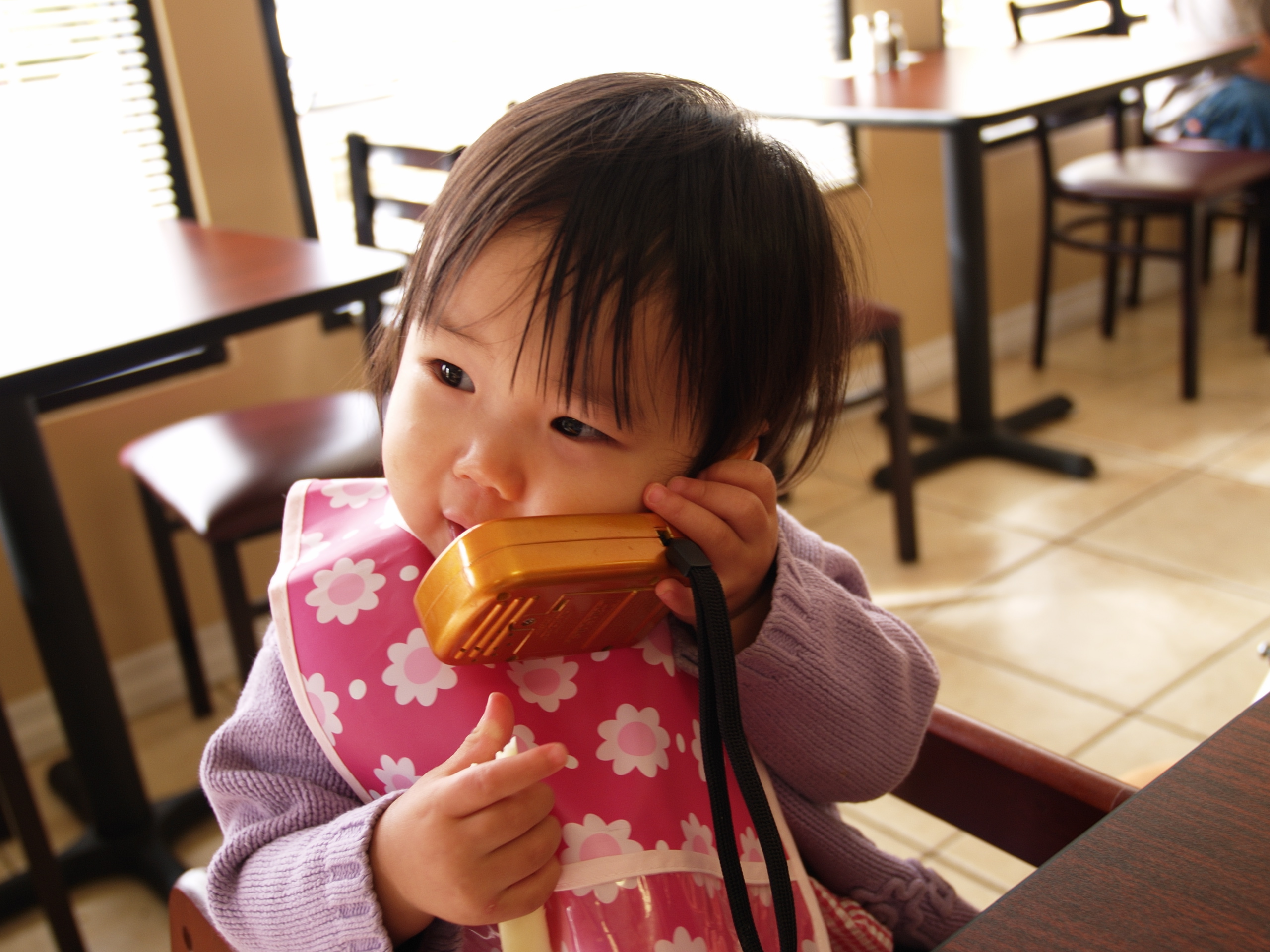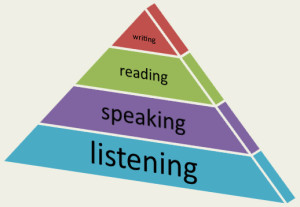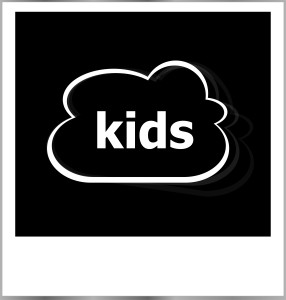I get this question very often in my private practice. Many parents have observed in their young children (birth to age 5) a difficulty in forming fully fluent sentences. The task of forming coherent, perfectly articulated, and fluent language is a tall task and one that can take the whole of childhood to master. So, in many cases, stuttering in children or a disruption in their fluent speech is perfectly normal and not something that would require the attention of a speech therapist. Because stuttering is by far the most common type of speech dysfluency, I will focus today’s post on stuttering. However, there are several factors that parents should consider when faced with speech dysfluencies. These factors can very quickly give you, the parent, an indication of whether you would need to consult with a local speech therapist.
Tips for Improving Your Toddler’s Speech Clarity
Pronunciation & Lisps Speech Therapy for Kids Speech Therapy TechniquesIt can take up to about second grade for a child to acquire fluent speech that is free of articulation errors. However, certain patterns of errors can make a child less understandable to his or her communication partners. This also applies to younger children. Today I wanted to highlight some of these patterns and give you, the parent, some suggestions for improving toddler speech clarity.
How Long Does Speech Therapy Take to Work?
Speech Therapy for KidsLet’s dedicate a blog post to a very important and practical question: “how long does speech therapy take to work?” The short answer is, and I must be honest…I don’t know, nor does any speech-language pathologist (SLP). But there are several factors that affect how long you should expect therapy to take:
- the nature of your child’s speech challenge;
- the severity of that challenge;
- whether your child is also working through other learning or behavioral challenges;
- the competence of your therapist;
- and how involved you, as a parent, are.
Summer Speech Therapy Practice: The End of the School Year is Nigh
Speech Therapy for KidsI am in shock too, but believe or not, we are mere weeks away from the end of the school year. Undoubtedly, your child’s speech services are winding down as well. And although we (and especially our kids) have every right to be very much looking forward to summer, I always recommend at this time of year a series to tips to my families. Whatever the hiatus from therapy is (a week or two or even the whole summer)—now is the best time to plan some summer speech therapy practice to carry over what our kids have learned and, if therapy is slated to continue come the fall, then we can hit the ground running.
Tips for Raising a Bilingual Child — by a Speech Pathologist
Language Development Speech Therapy for KidsThis post is dedicated to all you lucky families who come from linguistically diverse backgrounds, and who are in the process of raising bilingual (or even multi-lingual children though in this post I will just use the term “bilingual”). The truth is: I really envy you. Being bilingual is a special gift, one that I wish my two young children could benefit from. But, unfortunately, both my wife and I come from monolingual, English-speaking backgrounds and even though I speak formerly-fluent German—I am too out-of-practice to call it fluent—and my wife studied Italian in college, there is really no hope for us: our kids simply don’t have a rich enough home environment to acquire the special brain wiring to be truly bilingual. But, just because one or even both of the parents in a family come from strong background in say, Spanish, Chinese or Armenian, that does not mean the child(ren) will automatically be bilingual. Bilingualism takes dedication and consistency throughout childhood. I will go over several tips that can help support bilingualism in your family, both in the context of a developmental speech and language challenge and with typically developing speech and language. Armed with practical information, you can feel confident in pursuing bilingualism for your child and endow them with a lifelong gift.
What is Speech Therapy like? One Mommy’s Story.
Parents' Corner Speech Therapy for KidsIf your child needs to see a speech therapist, there are a ton of great resources to help you through the process. Teachers, pediatricians, ASHA, and the all-knowing Google can guide you through the basics: from what’s an SLP to how to do I understand my IEP? But, there are times when you just want to hear about the experience from another parent. How did they react to the idea of speech therapy? How do they find the time for it? What is Speech Therapy like? What did their other kids think about their big brother having special appointments? Did they ever get a hang of all the acronyms? How do other families go from “I think we need to see someone” to “Speech therapy, yup, that’s a regular part of our family life.”
6 Things To Expect from Speech Therapy at School
Parents' Corner School Speech Disorders Speech Therapist Speech Therapy for KidsYour child has a speech impediment and is scheduled to begin kindergarten in the fall. Like most parents, you are filled with excitement about the upcoming year. For parents whose children have speech disorders, the excitement can be coupled with anxiety about how the other children in the class will react to your child’s speech impediment and how well your child will learn in a classroom setting. As we mentioned in our previous blog, research has shown that children with speech disorders are more likely to be the target of bullying and teasing. What can you do to help prepare your child, teacher, and your child’s class? You can start by addressing the issue with your school’s Speech- Language Pathologist. An on-site, school SLP is an excellent resource for parents to help prepare their child with language and confidence-building skills for the school year.
Speech Therapy for Kids: 4 Topics to Discuss With Your Speech Therapist
At Home Ideas Language Development News Parents' Corner School Speech Disorders Speech Therapist Speech Therapy for Kids Speech Therapy Techniques State Resources
Our series this week talks about your child’s first visit to a speech therapist. Once your child has been diagnosed with a speech impediment or a speech disorder and your appointment is set, you want to make sure to be as knowledgeable and organized as possible in order to get the best out of the first visit. We have given you a handful of tips on what to expect from your first visit to the speech therapist. After the visit is complete, you can expect your SLP to review the results of your child’s evaluation and recommend a treatment plan. But there should be more to it. The results aren’t always cut and dry. You will want to make sure to cover the following topics so you are well informed about your child’s treatment going forward.








